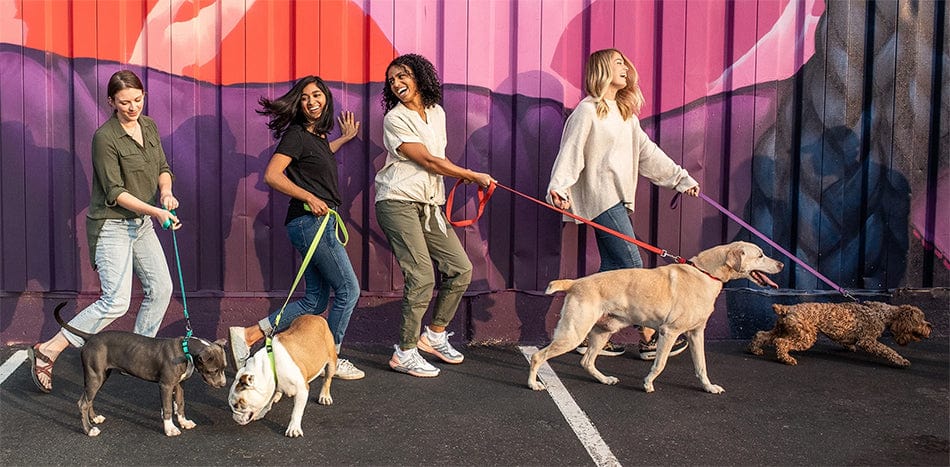Your cart is empty. Let's fix that!


This post is written by holistic veterinarian at "I and love and you", Dr. Angie Krause, DVM, CVA, CCRT.
While I tend to think dogs are better than people in many ways, oral hygiene is definitely not one of them. Your dog’s mouth is NOT cleaner than yours! However, this does require some clarification. If you brush and floss your dog’s teeth twice daily, but neglect your own mouth, this might be true. If you don’t partake in regular dental cleanings, this also might be true. Catching a theme here?
The truth is, both human AND canine mouths are full of bacteria! Dogs enjoy goose poop, drink out of muddy puddles, and frequently lick their own backend. Hopefully you’re not doing that! Combine these nasty habits with the lack of daily oral hygiene (flossing, brushing, rinsing) and it’s safe to say the population of bacteria that resides in a dog’s mouth is different compared to humans. If your dog has bad breath, gingivitis (red gums), or tartar accumulation, there are probably some not-so-beneficial bacteria lurking in there.
One particular bacteria found in dog mouths called Capnocytophaga canimorsus can be harmful to people. People without spleens can be killed by this bacteria very quickly, which is really scary. Dog bites also pose a significant health risk to people as the bacteria from a dog’s mouth becomes inoculated into an open wound. I have seen several clients require surgery for untreated bite wounds. The take home points are to be careful with pets if you don’t have a spleen and take bite wounds seriously.
If one life goal is for your dog to have the cleanest dog mouth on the block, consider the following:
You can read more about my approach on preventing dental disease here.
I would love to hear from you! Post below with any questions!
With love,
Dr. Angie